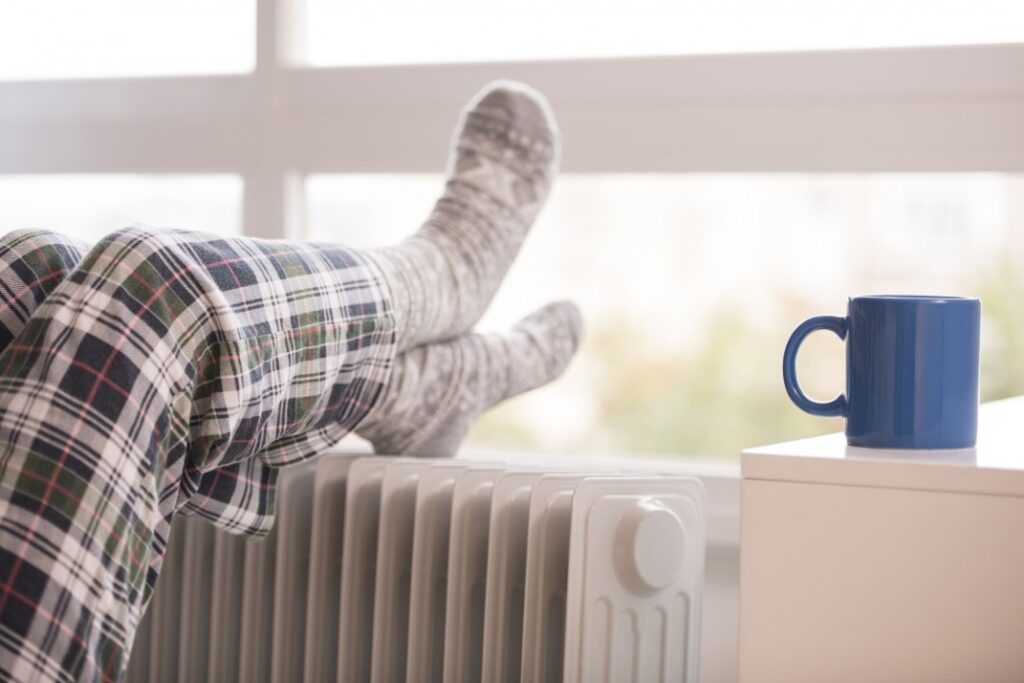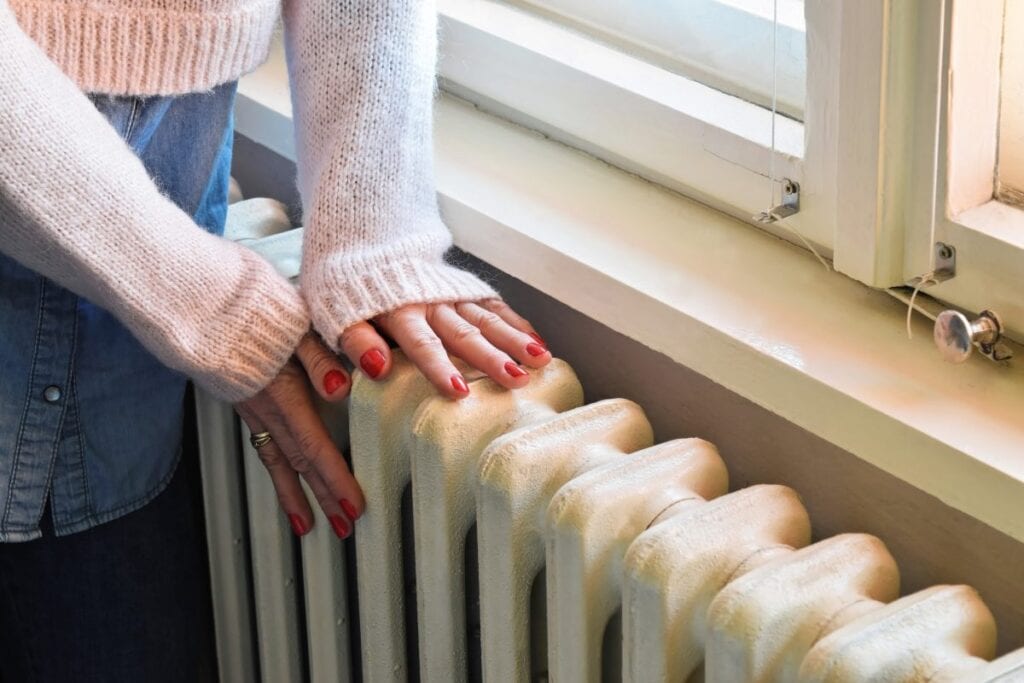New York has officially entered the heating season so that for the next few days all residential buildings will be followed by heating laws nyc to meet average indoor temperatures as indicated by HPD.
During this season (October 1 to May 31) when the temperature begins to drop, residential building owners should keep the indoor temperature at 68 degrees when outside temperatures drop below 55 degrees during the day.
During the night however, the indoor temperature cannot fall below 62 degrees as established by the Department, regardless of the outside climate, and of course always provide hot water.
For the well-being of residents, the Health Department recommends keeping the temperature between 64 and 75 degrees Fahrenheit for healthy people; and not less than 68 degrees to protect infants, the elderly or people with health problems.
Although any necessary repair or maintenance must first be reported to the owner or building superintendent, HPD emphasizes that if service is not restored, the tenant must file an official complaint through 311 for serious health problems resulting from extreme cold. Like hypothermia.
“If your apartment does not have heat or hot water during cold weather months, tell the landlord. If the condition is not corrected, report it to 311. HPD takes all complaints seriously and will hold landlords accountable under the law, “said HPD Commissioner Louise Carroll.
Report Violations
To file a complaint, tenants can call 311, visit 311 online, or use the 311Mobile app (on Android and iOS Devices). Hearing impaired tenants can register complaints through a tone device for the deaf (TDD) at (212) 504-4115.
After obtaining a complaint registration number, you can track and monitor the status of the complaint on HPD’s website, nyc.gov/hpd.
Homeowners who fail to provide heat or hot water services are subject to HPD penalties of $ 250- $ 500 per day for the initial violation and up to $ 1,000 per day for each subsequent violation.
Also know that the city provides emergency heating assistance through the Home Energy Assistance Program (HEAP) for low-income landlords and renters.
This assistance is provided to those who qualify only once per heating season and can be accessed by calling 1-800-692-0557.
According to the HPD, the use of auxiliary heating, including the use of a gas stove to heat the house or candles, can be dangerous and one of the main causes of fires and death from monoxide poisoning when used over a period of time. It’s been a long time.

Protect your Health
If the landlord continues to avoid providing heat and / or hot water, or until the HPD responds and / or heat or hot water service is restored, they recommend wearing warm layers of clothing and drinking plenty of fluids to avoid hypothermia.
Babies should also wear layers of clothing and sleep alone in a crib or bassinet; never covering them with blankets over the chest.
Additionally, even if it appears to have functional heating in the home, they establish that it is important to carry out an annual check of the heating system and maintain a carbon monoxide detector to rule out possible dangerous leaks of gas and carbon monoxide.






